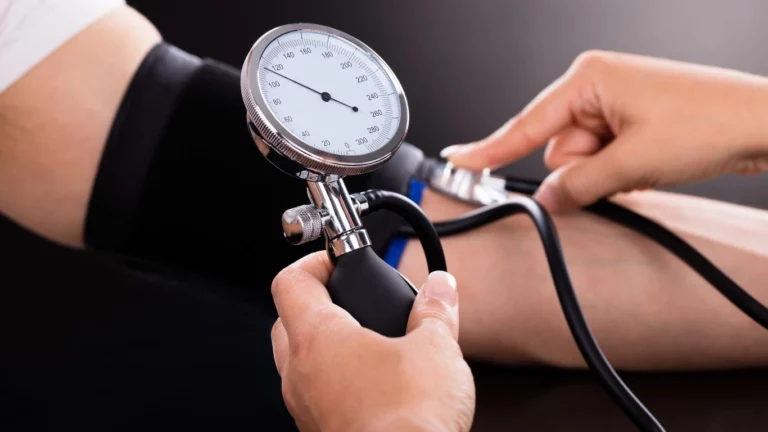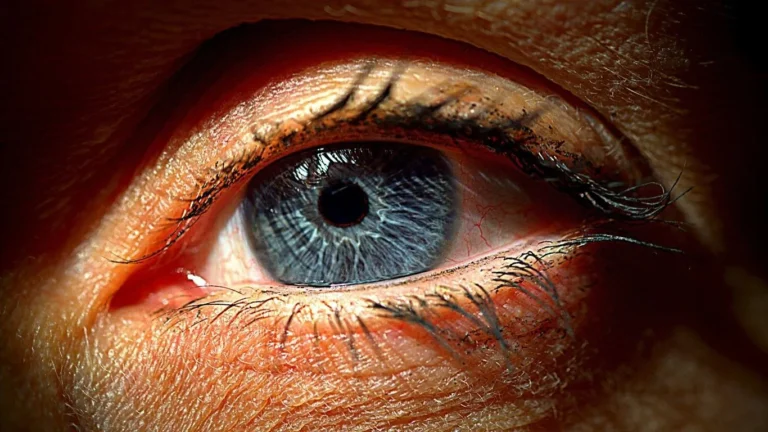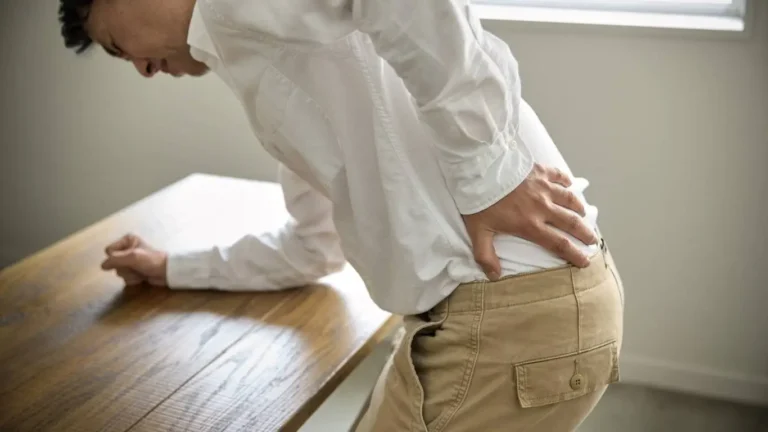How Pollution Affects Asthma in Children 🌍💨
Hey there!
If you’re a parent or caregiver, you know how tough it can be when your child has asthma. Add in pollution, and it’s a whole different ball game. Pollution isn’t just an eyesore—it’s a real health concern, especially for kids with asthma. In this post, we’ll talk about how pollution messes with asthma, share some success stories, and give you tips for managing asthma in today’s polluted world. Let’s dive in!
What’s Asthma Anyway? 🫁

Asthma is when the airways in your lungs get inflamed and narrow, making it hard to breathe. For kids, this can be a big deal because their lungs are still growing. If your little one has asthma, you’ve probably seen them wheezing or struggling to catch their breath. Not fun, right?
How Pollution Makes Asthma Worse 🌫️

Okay, here’s the deal: Pollution is like fuel to the asthma fire. Kids’ lungs are more sensitive, so when they breathe in all that nasty stuff in the air—like smoke, car fumes, or chemicals—it can make asthma symptoms worse. It’s basically like hitting the “trigger” button.
Pollutants That Make Things Worse:
- Tiny Particles (PM): These little guys get deep into your lungs and cause irritation. Yikes.
- Ozone: Not the good kind! This stuff can cause inflammation and make breathing harder.
- Nitrogen Dioxide (NO2): Basically comes from car exhaust. Not exactly a breath of fresh air.
- Volatile Organic Compounds (VOCs): Found in cleaning products and paint, these can be triggers, too.
Why Pollution is Extra Bad for Kids 🧪

You know how kids always seem to be outside, running around and playing? That’s great, but it means they’re also breathing in all the bad stuff in the air. Pollution isn’t just annoying—it can cause serious health problems. In the case of asthma, it messes with the lungs in the short term and could even have long-term effects if they’re exposed to it a lot.
What Pollution Does to Kids with Asthma 🌬️
When your child breathes in polluted air, it can:
- Make their airways swell and tighten up.
- Increase coughing, wheezing, and even lead to asthma attacks.
- Decrease lung function over time (which is a big deal as they grow).
It’s like pollution just gives asthma that extra little push to cause more trouble.
How to Keep Your Child’s Asthma Under Control in a Polluted World 🛠️

Pollution is everywhere, but there are still ways to make it easier for your kid to breathe. Here are a few tips that really work:
1. Create an Indoor Clean Zone:
Air purifiers are a game-changer for asthma. It’s worth investing in one, especially if you live in a city with a lot of pollution. Also, try to avoid heavy-duty cleaning products with chemicals that can trigger symptoms.
2. Stay Updated on Air Quality:
Use an app to check air quality levels. If pollution is high, it’s a good idea to keep your child inside. You don’t want to risk an asthma flare-up just because of bad air outside.
3. Follow the Doctor’s Plan:
Make sure you’re sticking to the asthma management plan your doctor gave you. Whether that’s using inhalers, taking daily meds, or having an emergency action plan, make sure you’re prepared. It could really help when pollution levels spike.
4. Teach Breathing Techniques:
Breathing exercises are super helpful for kids with asthma. Teach them some simple ones like pursed-lip breathing to help them breathe easier when they start to feel out of breath.
Real-Life Examples: What’s Working for Parents 💪
Sarah’s Story:
Sarah’s son, Ethan, was struggling with his asthma every summer when the pollution levels went up. After she got an air purifier for their home and started keeping him indoors during the worst air quality days, his symptoms got a lot better. It made a big difference in his ability to breathe easy and not miss so many school days.
Luis’s Story:
Luis lives in a city with crazy traffic and pollution. His asthma was out of control until his family started using an air quality app to track pollution. They made sure to limit outdoor activities when air quality was poor and kept his asthma meds updated with his doctor’s advice. Now, he’s doing so much better!
Key Takeaways: What You Should Know 📝
- Pollution is bad news for kids with asthma.
Their lungs are more sensitive, and pollution makes things worse. - Air quality is key.
Monitoring pollution levels and keeping your child inside during high-pollution days can make a huge difference. - Medication helps.
Keeping up with prescribed asthma meds is a must—especially when pollution is high. - You can make a big impact.
By improving the air quality at home and teaching your kids how to manage their asthma, you’re helping them breathe easier and live better.
FAQs: Let’s Clear Things Up 🙋♀️🙋♂️
Can pollution cause asthma?
Yes, it can. Long-term exposure to pollutants can increase the risk of developing asthma, especially if the child is genetically predisposed.
How can I improve indoor air for my child?
Get an air purifier, avoid smoking indoors, and limit the use of products with chemicals (like strong cleaners or paints). Also, keep windows closed during high pollution days.
Is it safe to send my child outside when the air quality is poor?
If pollution levels are high, it’s better to keep your child indoors. That way, you’re lowering the risk of triggering an asthma flare-up.
References 📚
American Lung Association, 2023: “How Pollution Impacts Asthma”
World Health Organization, 2022: “Air Quality and Children’s Health”
Disclaimer ⚠️
This blog is just for informational purposes. If you’re dealing with asthma, always talk to your doctor about the best management plan for your child.
Call to Action: Help Your Child Breathe Easy 🌱
If you’re worried about how pollution is affecting your child’s asthma, start by checking the air quality where you live. Make small changes at home, like using air purifiers, and talk to your doctor about your child’s asthma treatment. The more you know and do, the better your kid’s chances of breathing easy!

Bianca Nala is a compassionate Nurse Practitioner with a strong background in primary and respiratory care. As a health writer for Healthusias.com, she combines her clinical expertise with a talent for clear, relatable storytelling to help readers better understand their health. Bianca focuses on topics like asthma, COPD, chronic cough, and overall lung health, aiming to simplify complex medical topics without losing accuracy. Whether she’s treating patients or writing articles, Bianca is driven by a single goal: making quality healthcare knowledge accessible to everyone.







